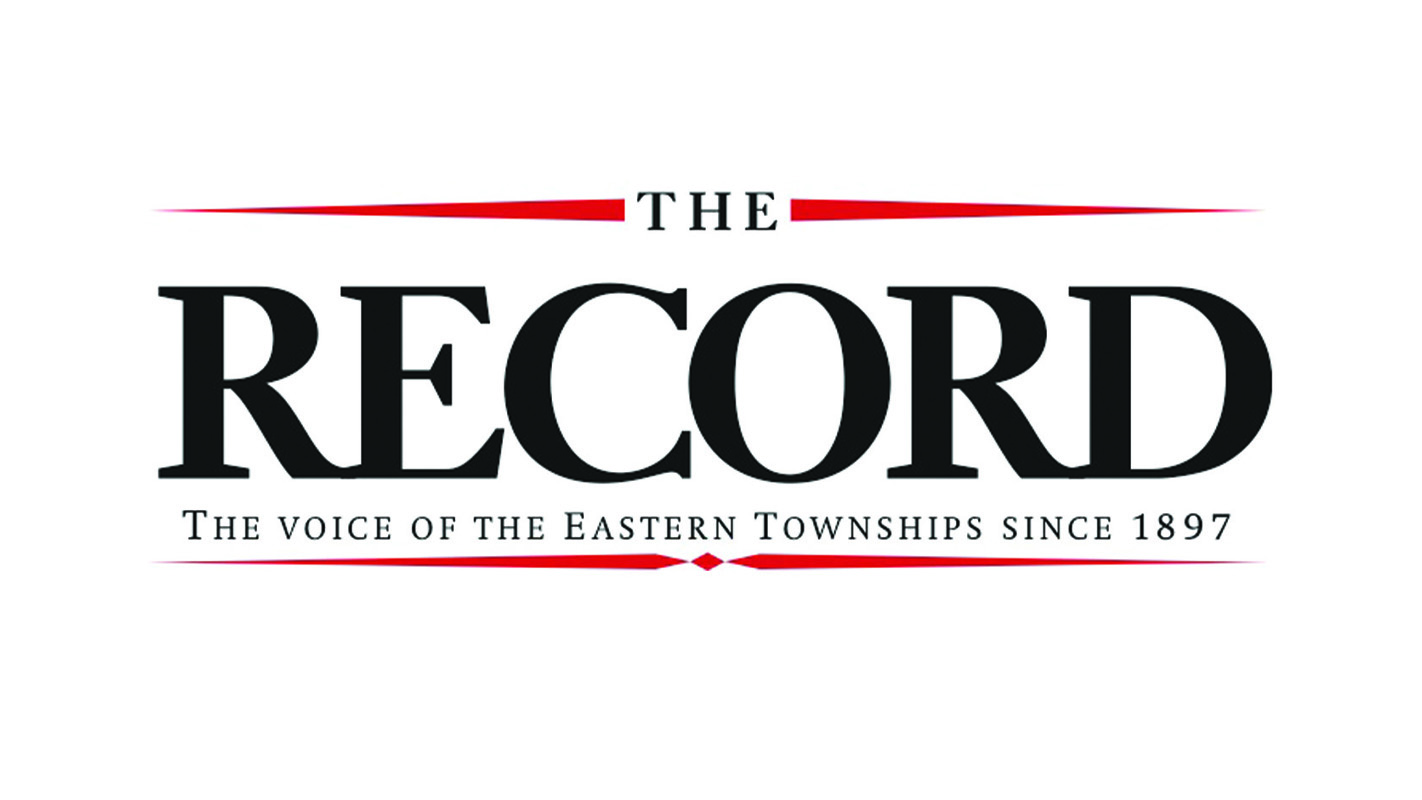By William Crooks
Local Journalism Initiative
At the Stanstead Township council meeting on Oct. 7, presided over by Acting Mayor Constance Ramacieri, the primary topic of discussion was the proposed boating restrictions aimed at protecting Fitch Bay from harmful cyanobacteria. The meeting included two public question periods, where residents raised concerns about the potential impacts of these regulations on their activities in the bay. Mayor Pierre Martineau attended virtually because he was afflicted with COVID 19.
The issue has been in the works since 2019, with the Township’s aim to reduce sediment disruption in the bay, which leads to an increase in phosphorus levels, feeding the cyanobacteria blooms. Cyanobacteria, commonly referred to as blue-green algae, pose both environmental and public health risks, particularly in shallow, phosphorus-rich waters like Fitch Bay.
The Township’s proposal, which is still under review, includes several key measures: imposing a 10 km/h speed limit across the entire bay, banning the towing of people on recreational equipment such as wakeboards, and prohibiting wake surfing. According to the council, these restrictions are intended to reduce the physical impact that boating activities have on the delicate ecosystem of the bay, particularly its sediment, which is a known source of phosphorus.
Several residents stepped up to the microphone during the first public question period, each expressing concerns about the proposed restrictions. The first resident, who lives by Fitch Bay, questioned the council’s authority to move forward with the boating restrictions without conducting a referendum. “Who gave you the mandate to do this?” the resident asked. The individual emphasized that while communications have been ongoing about the issue, they felt there was a lack of direct input from those who would be most affected by the regulations.
Ramacieri responded by clarifying that the mandate for these measures has been in place since 2019. She explained that while a referendum is not required, the council has been diligent in consulting environmental experts and collecting feedback from various stakeholders. “This process started back in 2019, and although it was delayed by the pandemic, we are now moving forward with it,” Ramacieri said. She assured the resident that public input would continue to be collected as part of the process.






